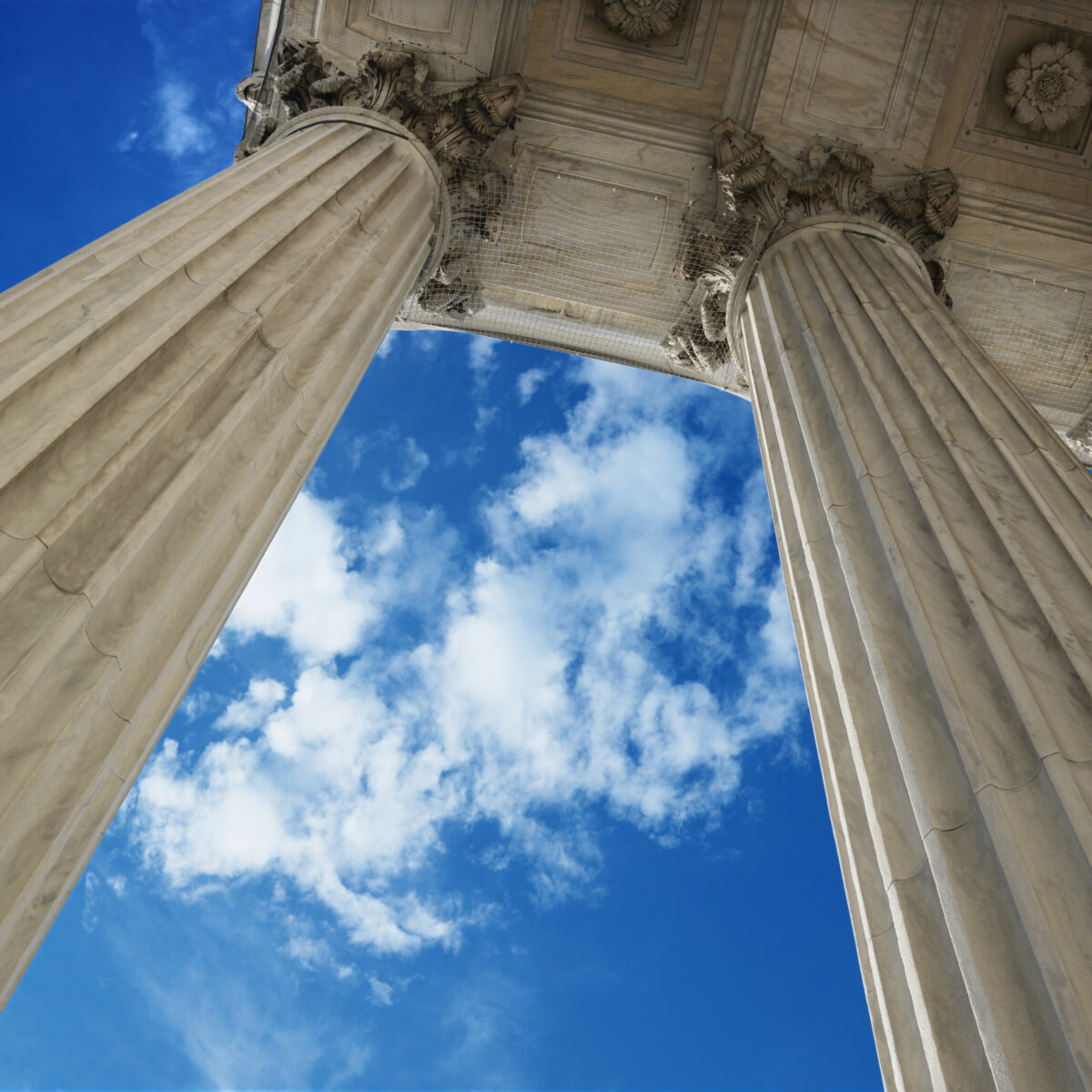
"The brief argued that "excluding AI-generated works from copyright protection threatens the foundations of American creativity, innovation, and economic growth," warning that the lower court's interpretation, which requires human authorship, disregards the "spirit of the Copyright Act." Dr. Stephen Thaler has been seeking copyright protection for "A Recent Entrance to Paradise," a work generated by his AI system, the Creativity Machine, after the U.S. Copyright Office refused registration because the work lacked human authorship."
"Thaler's petition for a writ of certiorari argued that the Copyright Office has "ambiguously deemed humanity as the sine qua non of copyright, when this Court has explained the only sine qua non is originality." It cautioned that if consistently enforced, the Office's interpretation "would spell the end of copyright protection for many photographs and other works created with technological assistance.""
Professors urged the U.S. Supreme Court to recognize copyright protection for works generated by artificial intelligence and warned that excluding such works would harm American creativity, innovation, and economic growth. A lower-court interpretation requiring human authorship was characterized as disregarding the spirit of the Copyright Act. Dr. Stephen Thaler seeks copyright for "A Recent Entrance to Paradise," produced by his Creativity Machine, after the U.S. Copyright Office refused registration for lack of human authorship. The petition asserts that originality, not humanity, is the sine qua non of copyright and warns that excluding AI-created works could eliminate protection for many technologically assisted photographs and other works. A request asks the Court to hold consideration pending related cases about the Copyright Office's leadership and authority.
Read at IPWatchdog.com | Patents & Intellectual Property Law
Unable to calculate read time
Collection
[
|
...
]